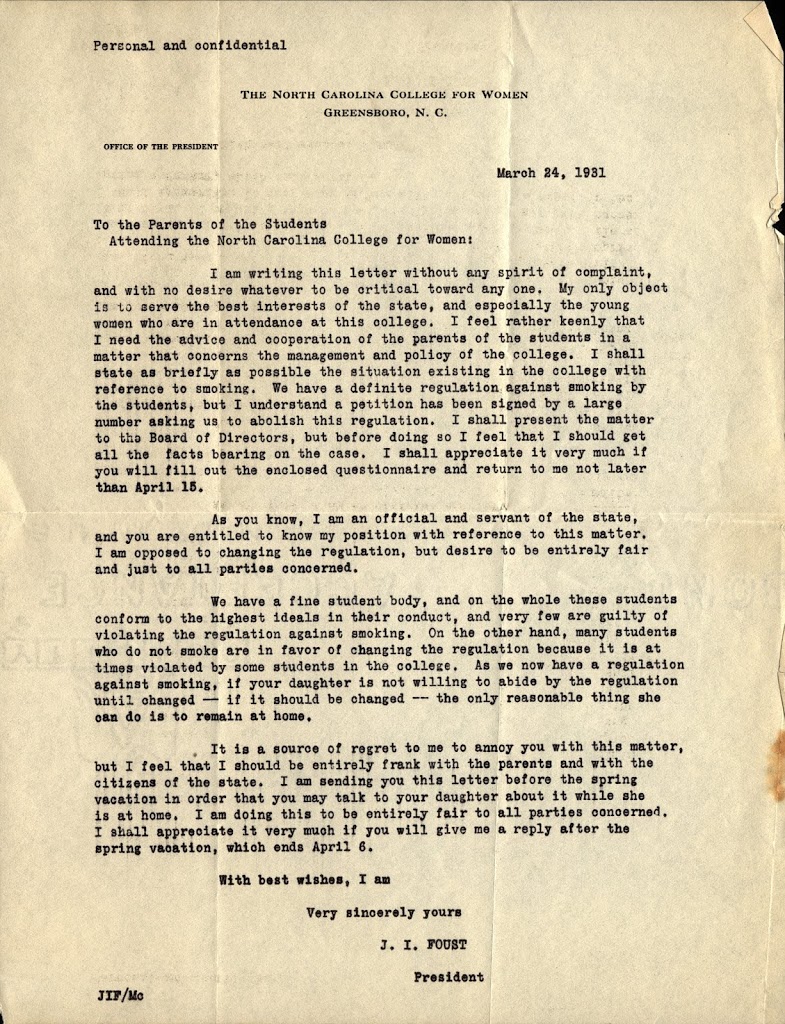The history of tobacco in the United States is synonymous with the history of North Carolina. North Carolina’s tobacco ventures date to the early 16th century, with the arrival of the first English settlers and the crop has long played a key role in the development of the state’s business and agriculture heritage. Major tobacco […]
